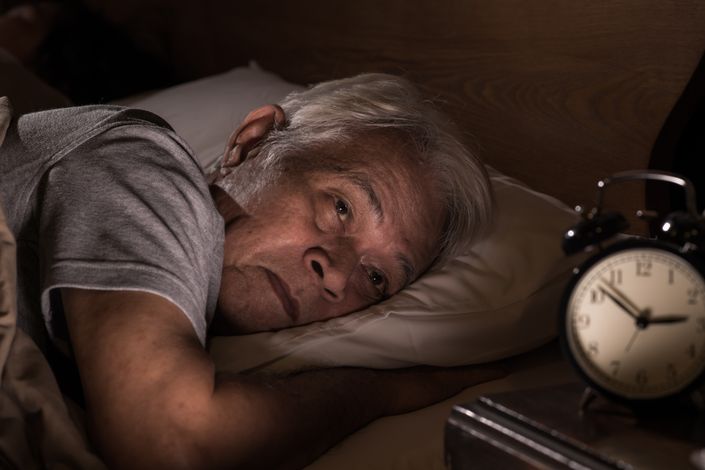
A bad night of sleep will make all your other PD symptoms worse the following day. Over time, the good sleepers have slower progression.
80-90% of people with Parkinson's have disrupted sleep, often as one of the earliest or most debilitating symptoms. Sleep disorders in PD can take many different forms, ranging from frequent waking, acting out dreams (REM sleep behavior disorder), restless leg syndrome (RSL), nighttime urination, and sleepiness throughout the day.
There are a variety of ways people with PD can improve their sleep and wake feeling rested. We'll discuss over-the-counter and pharmaceutical therapies, as well as some lifestyle hacks that can help people fall, and stay, asleep.
"You have given us a literally outstanding course on slowing the progression of PD! We are grateful for you! Thanks!"
"Your knowledge and insights are amazing. I am learning so much from your classes and thank you for all the hard work in preparing these lessons. Your passion and heart for serving the Parkinson’s community is deeply appreciated."
"Great information and a clear; concise delivery by Dr. Mischley in layman's terms. It's really helping me to understand how Parkinson's works. Many thanks."
Your Instructor

Laurie Mischley studied naturopathic medicine (ND) at Bastyr University and epidemiology (MPH) and nutritional sciences (PhD) at the University of Washington. Her work is focused on identifying the nutritional requirements unique to individuals with neurodegenerative diseases. She has published on coenzyme Q10, lithium, and glutathione deficiency in Parkinson’s Disease (PD).
For the past decade, she has been lead investigator of the Modifiable Variables in Parkinsonism (MVP) Study (www.MVP-Study.com), a global observational study designed to describe the secret(s) to success in a real-world population.
She has maintained a clinical practice in Seattle for over two decades, caring for thousands of patients with Parkinsonism.
